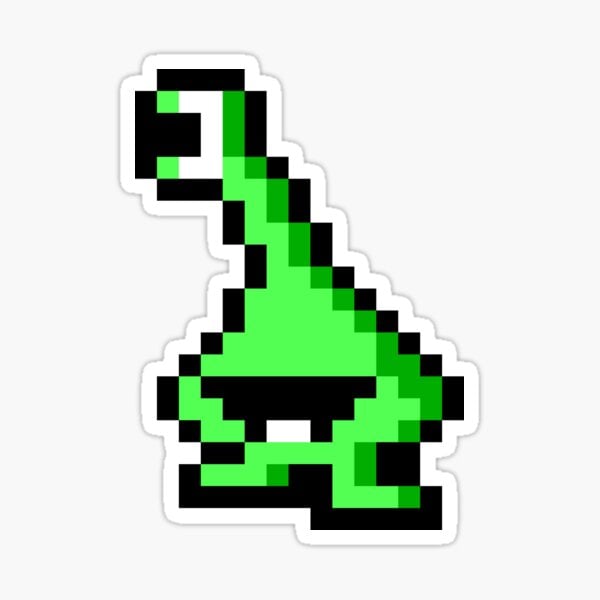

You:
Wikipedia agrees with me
Wikipedia:
Left-wing politics describes the range of political ideologies that support and seek to achieve social equality and egalitarianism, often in opposition to social hierarchy as a whole or certain social hierarchies…Ideologies considered to be left-wing vary greatly depending on the placement along the political spectrum in a given time and place…In addition, the term left-wing has also been applied to a broad range of culturally liberal social movements, including the civil rights movement, feminist movement, LGBT rights movement, abortion-rights movements, multiculturalism, anti-war movement and environmental movement as well as a wide range of political parties.
Anyway, we’re done here.

No, this is literally where the U.S. falls on a global political spectrum. The Democrats would be considered center-right in most other nations. Even by their own historical standards, they’re center right; if you took a Democrat from 1975 and transported them to 1995, they’d ask you why the party had adopted the Republicans’ fiscal policies.